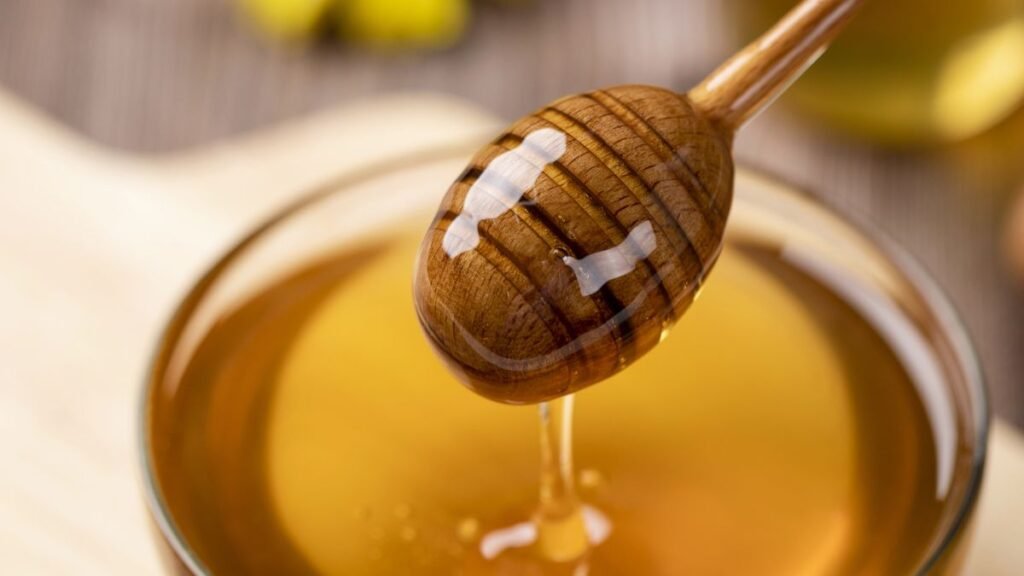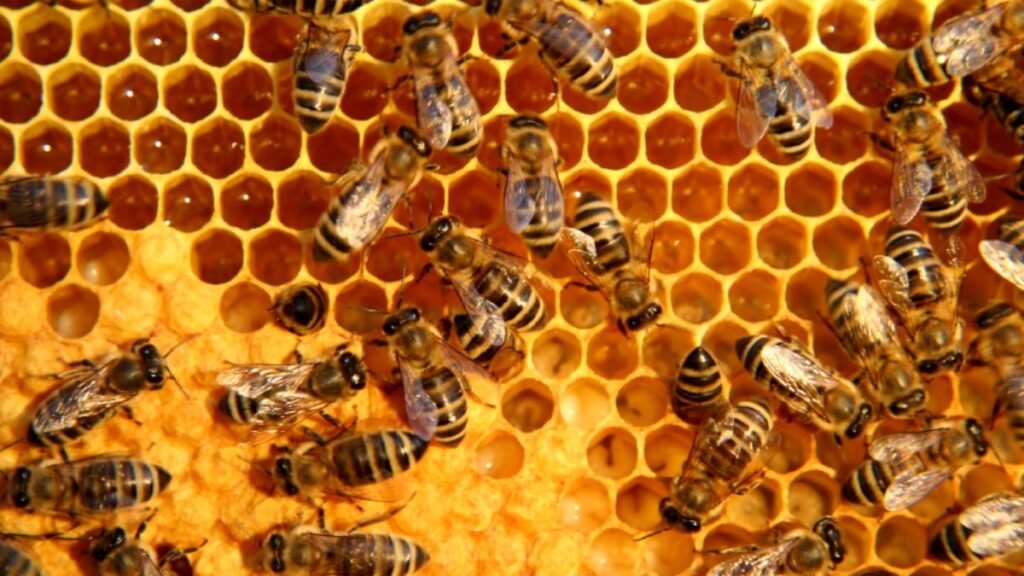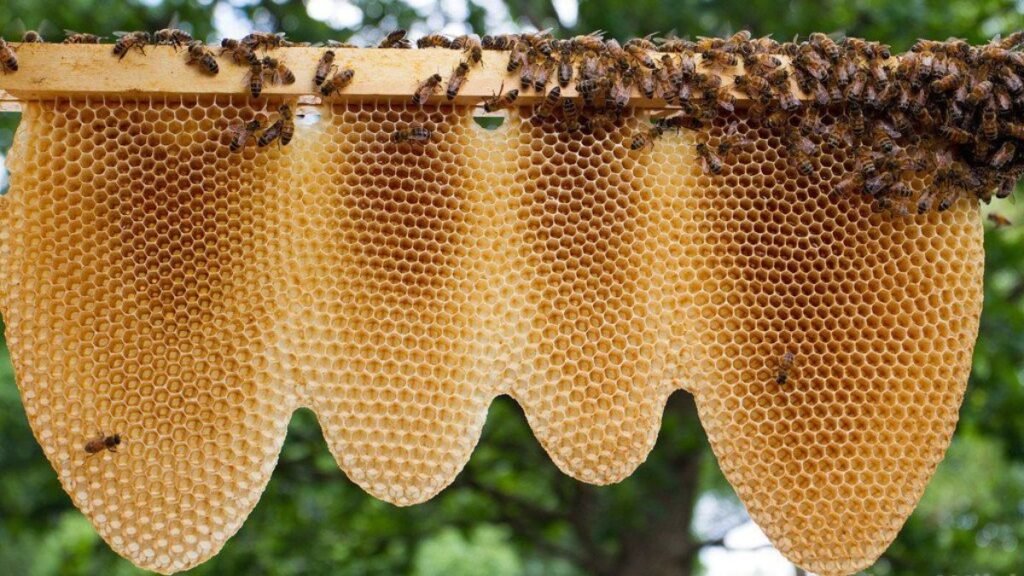Everything you need to know about honey | History | Health benefits | Facts
The word honey comes from an Old English word meaning “sweet food”. It was one of the first foods consumed by humans, and it is still harvested by bees in many parts of the world today. Throughout the ages, honey has been a coveted sweetener.

Honey’s history with humans is long and fascinating- we’ve followed honey-hunters to African jungles on one hunt for this precious treasure, and on another occasion we’ve hiked deep into a mountain valley in northern Greece to observe beekeepers at work harvesting their honey from the comb. Honey was eaten straight from the comb, used as a beverage, an ingredient in making bread and on bread, or as a sweetener for alcoholic beverages.
It is used in many cultures as a natural sweetener and has been found in Egyptian tombs dating back to 2000 BC. It is also used for medicinal purposes. The Egyptians valued honey so much they made it their symbol of royalty; they were convinced that if you ate honey you would live forever.
Honey has been used in different ways in India for centuries. From the ancient Vedic times to the present day, honey has been used as a medicine for various ailments such as coughs and colds, sore throats, stomach ulcers and burns. It is believed that honey can cure any illness if it is consumed on a regular basis. Honey also helps to keep the body hydrated and provides essential vitamins and minerals to the body.

5 Amazing Health Benefits of Honey
Honey has many potential health benefits and plays a role in many home remedies and alternative medicine therapies.
- Contains a variety of nutrients: Honey is essentially pure sugar, with no fat and only trace amounts of protein and fiber. It contains small amounts of some nutrients, but most people usually do not consume enough honey to be an important dietary source of vitamins and minerals.
- Better for blood sugar levels than regular sugar: Comparing honey to ordinary sugar, there may be some minor benefits for controlling blood sugar. Although honey boosts blood sugar levels in the same way as other sugars do, it may help prevent metabolic syndrome and type 2 diabetes due to its antioxidant content.
- May improve heart health: Honey might also aid with heart disease prevention. Honey may lower blood pressure, lower blood fat levels, regulate heartbeat, and stop the death of healthy cells in order to promote heart health and function.
- May help suppress coughing in children: Children with upper respiratory illnesses frequently experience the problem of coughing. Both children and adults may experience sleep problems as a result of these diseases. Common cough medicines, however, sometimes fail to work and can have negative side effects. Interestingly, honey may be a good alternative, with evidence indicating that it’s an effective treatment option.
- May help reduce inflammation: Honey has strong anti-inflammatory effects and may help reduce inflammation in the body. Inflammation is linked to many diseases, and honey may help reduce the risk of developing them.

Facts:
- It was one of the first foods consumed by humans.
- There are over 20,000 species of bees, but only seven are honeybees.
- The smell, color, and taste of honey vary based on the type of flowers it’s made from, so there are countless varieties available.
- Honeybees have five eyes and four wings.
- Honeybees live in colonies that can contain up to 80,000 bees.
- Honeybees communicate with each other by dancing.
- A single honeybee will only produce approximately 1/12 teaspoon of honey in her lifetime.
- The bees in the colony must visit 2 million flowers, travel over 55,000 miles, and spend an average of 768 bees’ lifetimes producing one pound of honey.
- Honey is the ONLY food that contains all of the elements required to sustain life, including water.
- Honeybees are the only insects that produce food for humans.
- Honeybees visit up to 2,000 flowers to make one tablespoon of honey.
- Honey stored in airtight containers never spoils. So you can keep it for ages!
Overall, honey may offer a range of potential health benefits. It’s important to remember that honey should still be consumed in moderation, as it is a high-calorie food. Honey can be a healthy part of a balanced diet if consumed in moderation and used to replace other, less healthy sweeteners.

